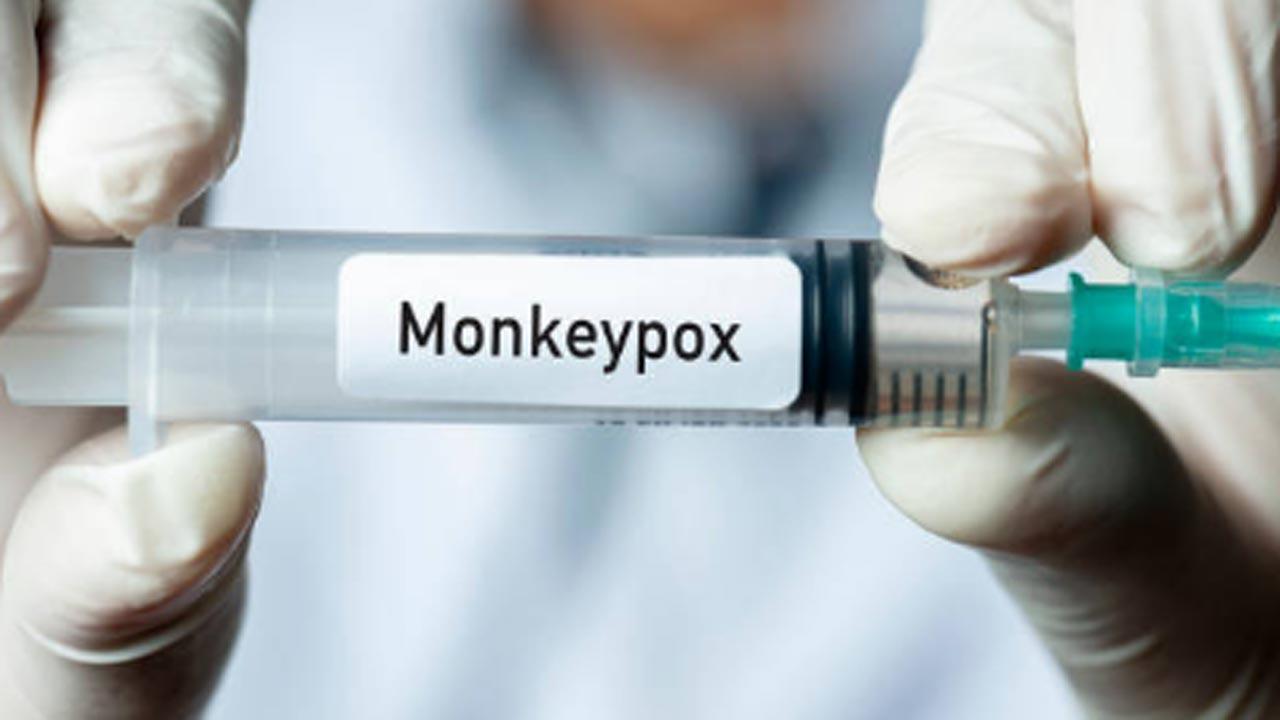According to Ishwar Gilada, an infectious disease expert, the stigma attached to the name of the disease is acting as a great barrier for people to come forward for testing

Representational images. Pic/iStock
Amid a rising fear of Monkeypox across the globe, medical experts from India have shed light on the unchecked spread of the disease in the country. They have also stressed on how stigma attached to it is likely to hinder the testing process in India.
The Monkeypox outbreak, which was first reported in May, has now spread to 78 countries with more than 18,000 cases, according to the World Health Organization's last update issued on July 28. India has so far reported five confirmed cases -- three in Kerala, and one each in Delhi and Karnataka.
However, many cases may be spreading unchecked in the country, Rajeev Jayadevan, Co-chairman of Indian Medical Association's national task force on Covid-19, told IANS.
"Many more cases are expected in India. Imagine that the current outbreak of monkeypox is like a large tree that is growing underneath the Earth's surface. You can't see it over the soil but it's spreading unchecked under the surface," Jayadevan said.
Jayadevan said that while spillovers to the general population, such as women and children, are "extremely rare", there's a vast network where the virus is spreading, "which is mainly men who have sex with men and also have multiple partners".
While the chance of a super spreader event, like in Europe, is comparatively "small in India", the network "is more covert" here.
According to Ishwar Gilada, an infectious disease expert, the stigma attached to the name of the disease is acting as a great barrier for people to come forward for testing.
"The moment a suspect case of Monkeypox approaches the doctors, they will ask 'have you done any monkey tricks? Where did you get this disease from?'," Gilada told IANS.
"Secondly, there's always a stigma associated with sexual transmission. We are seeing that with other sexually transmitted diseases (STD) like HIV," he added.
Although 98 per cent of Monkeypox cases to date are seen among gay or bisexual men, it has not yet been classified as an STD.
It is because, "technically speaking, it can be sexual contact or through any substantial physical contact like what happens during a massage", Jayadevan said.
He explained that to define Monkeypox as an STD, it "has to be exclusively transmitted via the act of sex like gonorrhoea, chlamydia".
Also read: Monkeypox: Causes, symptoms, prevention and treatment
And if classified so, "people will think the virus spreads only via sexual act, and might not take all the other necessary contact precautions".
Experts, however, have also argued that fear of stigmatising the disease has set public health back.
Last week, Guardian columnist Owen Jones had argued that "if we're not clear about where the risk is, it's completely self-defeating because that's who we have to prioritise talking to and protecting".
"The vast, vast majority of cases are in gay and bisexual men, and pretending that that's not the case doesn't help any of us. I really wish more attention had been paid to gay and bisexual men," added sexual health activist and researcher Will Nutland.
Jayadevan agreed and said: "But by not focusing enough on the high-risk groups and vaguely claiming instead that 'everyone is at risk', we are failing to limit whatever process that is actually pushing the virus forward."
Gilada suggested "the government to ramp up testing" like it did during the Covid-19 pandemic.
"We must have our own testing kits to help people test themselves, which will also help curb the cases," he told IANS.
Currently, 15 of the Indian Council of Medical Research's (ICMR) Viral Research and Diagnostic Laboratories (VRDL) are conducting preliminary tests for Monkeypox infection. The VDRL conducts an RT-PCR test looks for orthopoxviruses -- a family of viruses, including Monkeypox, cowpox, buffalopox, and the eradicated smallpox.
The samples are simultaneously confirmed via RT-PCR to specifically detect Monkeypox virus at the National Institute of Virology (NIV) in Pune.
Mass vaccination has not been recommended, only at-risk populations are being given smallpox doses. But as during the pandemic, vaccines are limited to rich countries like the US, the UK and Canada and some in Europe.
The ICMR, meanwhile, has issued an open call for Monkeypox vaccine development proposals from commercial businesses to safeguard those most at risk.
Gilada said this is again an opportunity for Indian pharmaceutical companies to develop vaccines not only for Indian citizens, but also for the global population.
Also read: Monkeypox spread leading to queer stigma?
This story has been sourced from a third party syndicated feed, agencies. Mid-day accepts no responsibility or liability for its dependability, trustworthiness, reliability and data of the text. Mid-day management/mid-day.com reserves the sole right to alter, delete or remove (without notice) the content in its absolute discretion for any reason whatsoever
 Subscribe today by clicking the link and stay updated with the latest news!" Click here!
Subscribe today by clicking the link and stay updated with the latest news!" Click here!










